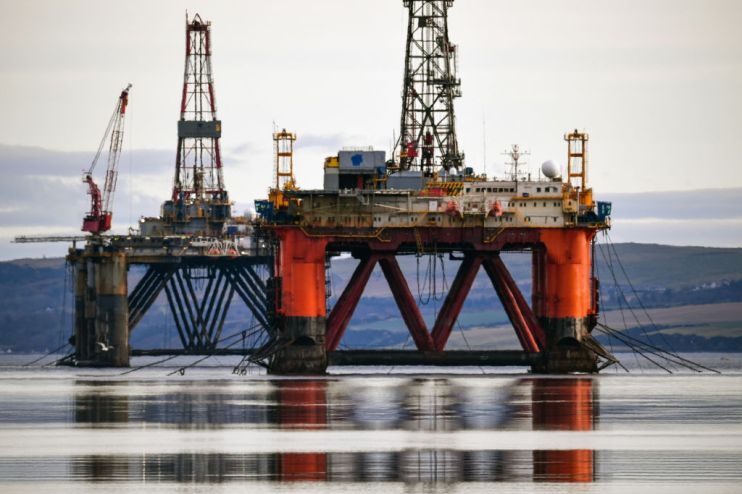Harbour Energy snubs North Sea licensing round after windfall tax hike

Harbour Energy has announced it will not enter the UK’s first exploration licensing round in nearly three years.
The UK’s largest oil and gas producer has opted against bidding for new oil and gas well, in response to the Government’s decision to hike the windfall tax last month.
Applications for the licensing round have to be submitted by 12 January, with first licences expected to be awarded from the second quarter of next year.
A Harbour Energy spokesperson said: “As a result of the extension of the energy profits levy announced in the Government’s Autumn Statement, we are reviewing investment levels and company-wide capital allocation.
“This review is ongoing and, in the meantime, we have decided not to submit bids as part of this licensing process. We have good opportunities within our existing North Sea and International portfolios, and these will be our focus at this time.”
Chancellor Jeremy Hunt raised the Energy Profits Levy from 25 per cent to 35 per cent last month, on top of the 40 per cent special corporation tax they already pay.
He also extended the windfall tax’s duration for a further three years, extending its lifespan from 2025 to 2028.
Harbour’s exodus the latest industry blow
Harbour Energy is not the only producer paring back its investments in the UK following the expanded windfall tax.
Earlier this month, rival Total announced it would cut planned investment in UK oil and gas projects 25 per cent — or £100m — next year from its investment plans.
Shell has also revealed it is reviewing its plans to invest £25bn in the UK over the current decade
The Government is targeting oil and gas exploration as part of its energy security strategy.
It has also included investment relief – worth up to 91p in the pound – in the windfall tax to encourage further developments.
The UK produces around 45 per cent of its gas domestically – and relies on Norway as its chief overseas partner, which meets 38 per cent the country’s gas needs.
However, in its recent economic report, industry body Offshore Energies UK has calculated that without further investment in the North Sea, the UK’s production is likely to decline at a rate of around 15 per cent per year for the remainder of the decade.
This would leave the UK dependent on international imports for around 80 per cent of gas needs and around 70 per cent for oil by 2030, becoming increasingly reliant on overseas partners such as Norway and highly carbon intensive liquefied natural gas from Qatar and the US.